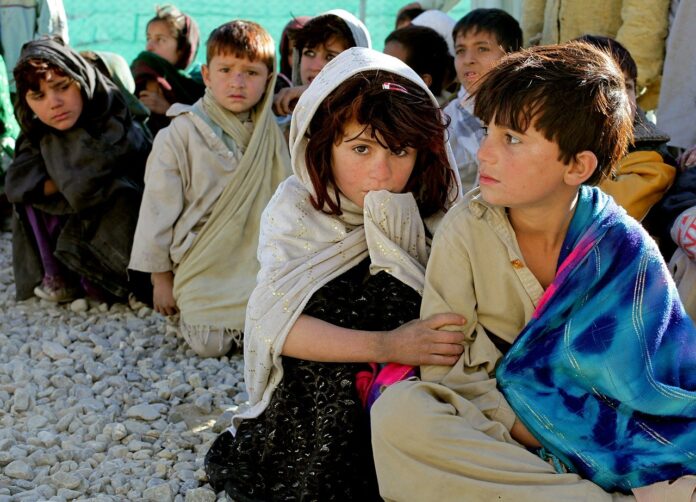What about the global economy after covid?
There is something terribly demented for the populations of poor countries of the world that are facing famine, in the optimistic signs that read “Everything will be OK” (“Tutto andrà bene”). Especially if we look at the situation of the global economy after covid.
According to Oxfam, by the end of 2020 between 6-12 thousand people a day will die of starvation as a consequence of the pandemic. For them it could have been better.
According to PAM (Programma alimentare mondiale), 270 million people in the next five months will be suffering for malnutrition, 82% more than 2019. Why is this making it onto the news?
Hunger for resources
The Oxfam report stated that millions of small producers are impoverished to their extremes. In contrast, large multinationals in the food sector have distributed a total of $ 18 billion in dividends to their shareholders. Clearing consciousness sometimes seems like a very easy practice.
In India and Brazil, their harvests have been largely lost due to the difficulties of moving migrant workers, and their almost total absence of the financial support which was promised to them.
Needless to say, about the desperate condition of countries plagued by proxy wars, like Yemen and Syria.
Woman, as usual, pay the highest price. Often pregnant, discriminated against in income, used to care for the sick, they must also take care of their children during the closing period of schools. The debt of poor countries should be cancelled, but it does not seem to be the first concern of the international community. Almost nothing is done for the local economies and too much is kept silent about the appropriation by large corporations of the planet’s food resources.
Global uncertainity
The pandemic has also placed under the spotlight the conditions of the so-called informal workers, i.e. piecework and black. They are 60% of the planetary workforce, they don’t have unemployment benefits or other emergency aid made available to the weaker sections of the population.
The same for migrants who, with their remittances, made families survive. In 2019, it was $ 554 billion, but the World Bank expects a 20% contraction of these remittances.
Of the $ 7.3 billion required to implement the CoVID-19 Global Humanitarian Response Plan (GHRP), less than 20% has been made available and little used due to deliberate government restriction to the contagion.
Yes, for somebody it is going to be bad, according to the perspective of the global economy after covid.








